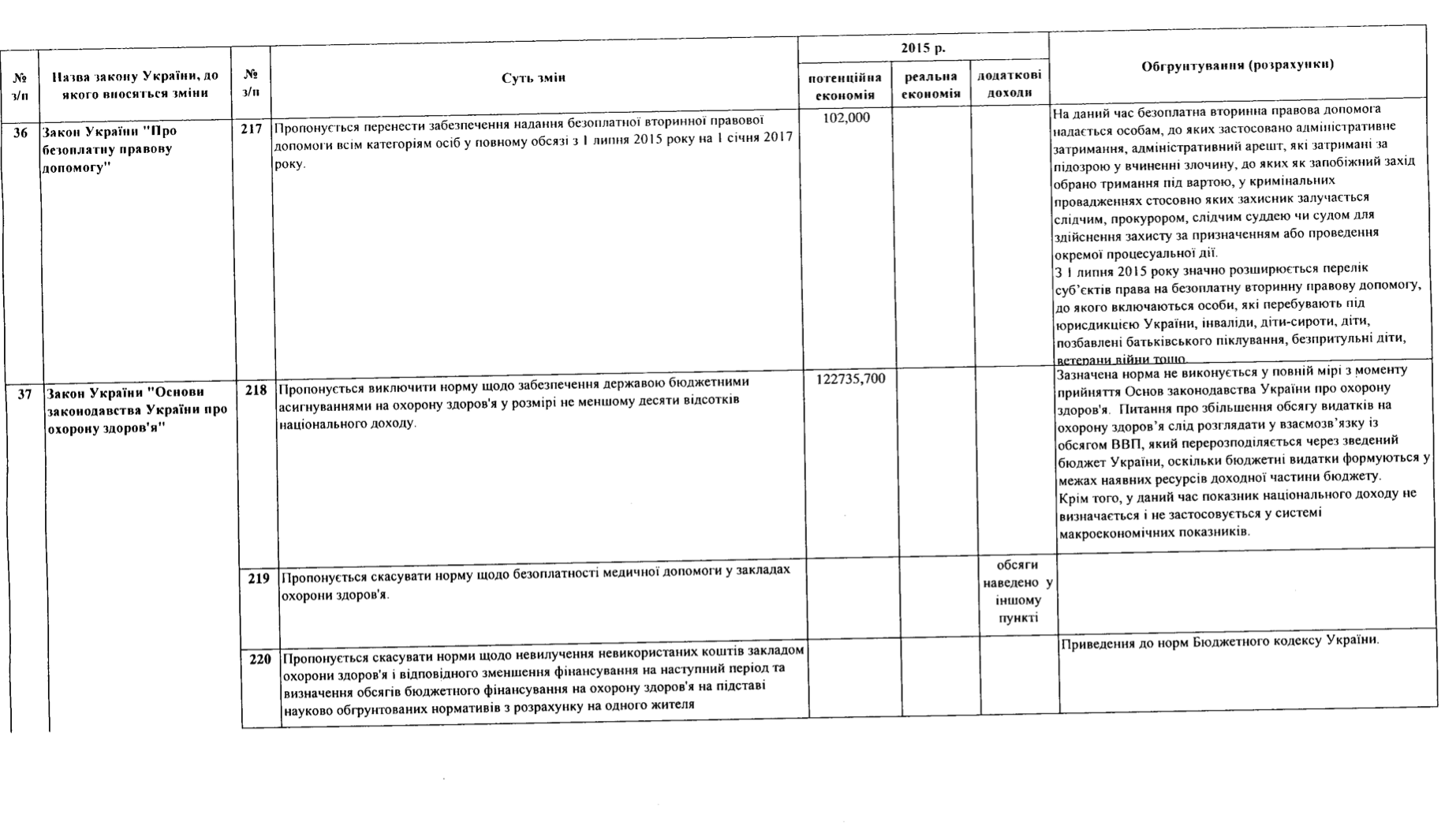
Tulsi Manas Mandir (Hindi: तुलसी मानस मंदिर) (a.k.a. Tulsi Manas Mandir) is one of the most famous temples in the holy city of Varanasi.
Contents • • • • • • History [ ] One of the famous epics, was originally written in language by Sanskrit poet between 500 and 100. Lg x135 proshivka 4pda 1. Being in Sanskrit language, this epic was not accessible to and understood by masses. In the 16th century, wrote the in dialect of language and the version was called (meaning Lake of the deeds of ). In 1964, the constructed a temple at the same place where wrote. Construction [ ] Construction finished in 1964 and was funded by the of Bandhaghat,,West Bengal.
The temple was constructed in and all around the temple. Verses and scenes () from are engraved on the marble walls all over the temple. Figurines in Tulsi Manas Mandir Location [ ] Tulsi Manas Mandir is situated on the Sankat Mochan road, 250 meters south of Durga Kund, 700 meters north-east of and 1.3 kilometers north of. Historical importance [ ] Due to, the epic was read by larger number of people, who otherwise could not have read since it was in. Reportedly, prior to, Lord was depicted as a great and it was which bestowed him as a Deity.
The temple was inaugurated by HH Dr. Sarvapalli Radhakrishanan See also [ ] • • References [ ]. Retrieved 1 March 2015.
Jindal (1955),, Kitab Mahal. The book is popularly known as the Ramayana, but the poet himself called it the Ramcharitmanas i.e. The 'Lake of the Deeds of Rama' •. Retrieved 1 March 2015.
• Vālmīki, Robert P. Goldman (1990). The Rāmāyaṇa of Vālmīki: An Epic of Ancient India.
Princeton University Press. Varanasi City website. Retrieved 1 March 2015. Retrieved 1 March 2015. Indian Mirror. Retrieved 1 March 2015.

A video case brief of Hammer v. Dagenhart, 247 U.S. Read the full-text case brief at In 1916, in response to increasing concerns over child labor conditions in mills and factories, Congress passed the Keating-Owen Act which prohibited goods made by children under a certain age from being sold in interstate commerce. Dagenhart (plaintiff) brought suit on behalf of himself and his two sons, who were minor children employed in a cotton mill in North Carolina, against Hammer (defendant), a United States attorney, alleging that the Act was an unconstitutional exercise of Congress’s Commerce Clause Power.
The District Court for the Western District of North Carolina held that Congress acted unconstitutionally in attempting to regulate a purely local matter. Both Hammer and the United States appealed to the United States Supreme Court. 